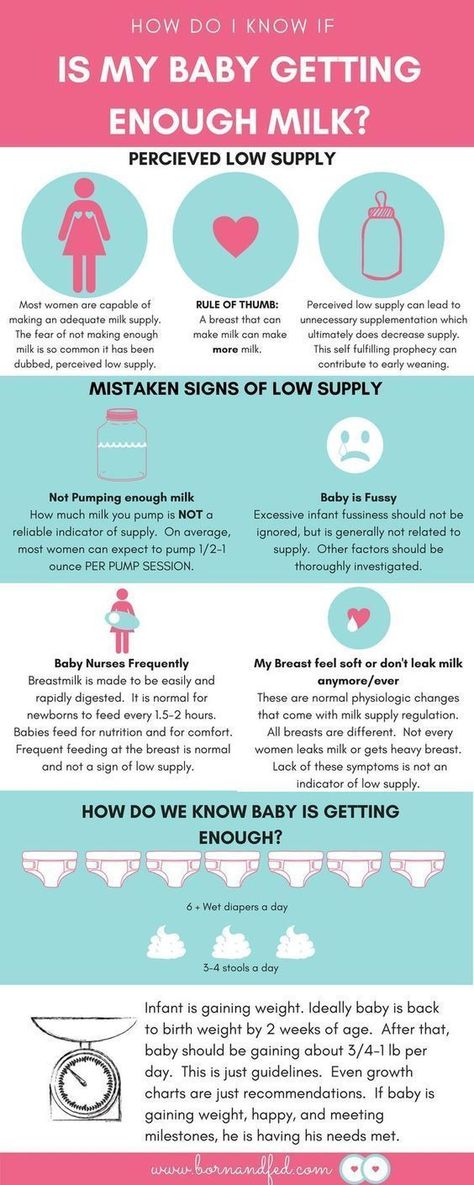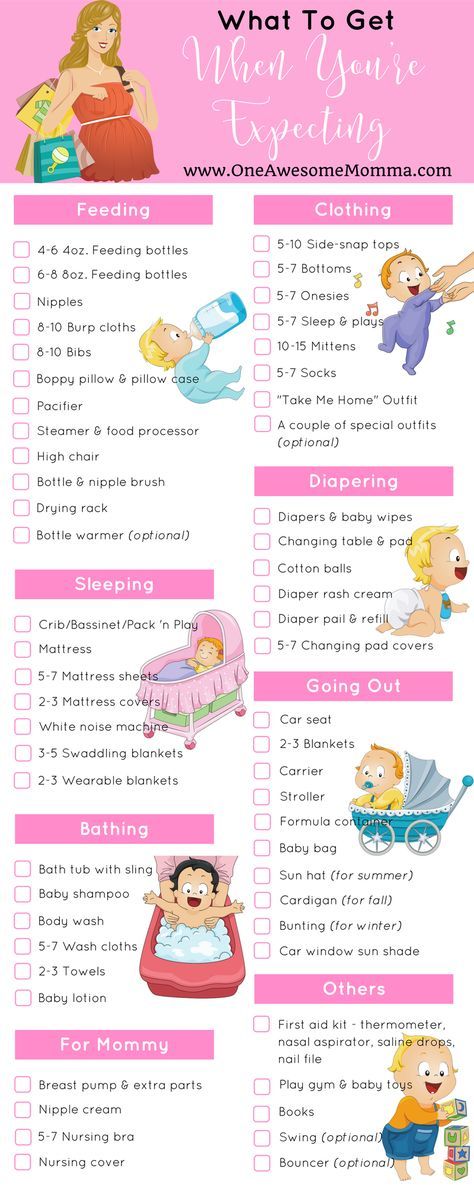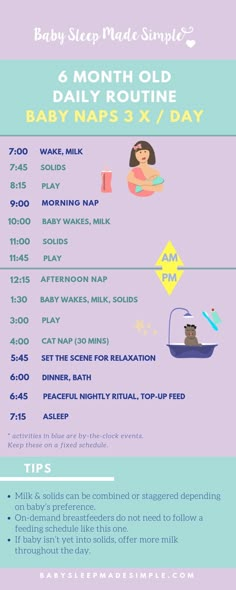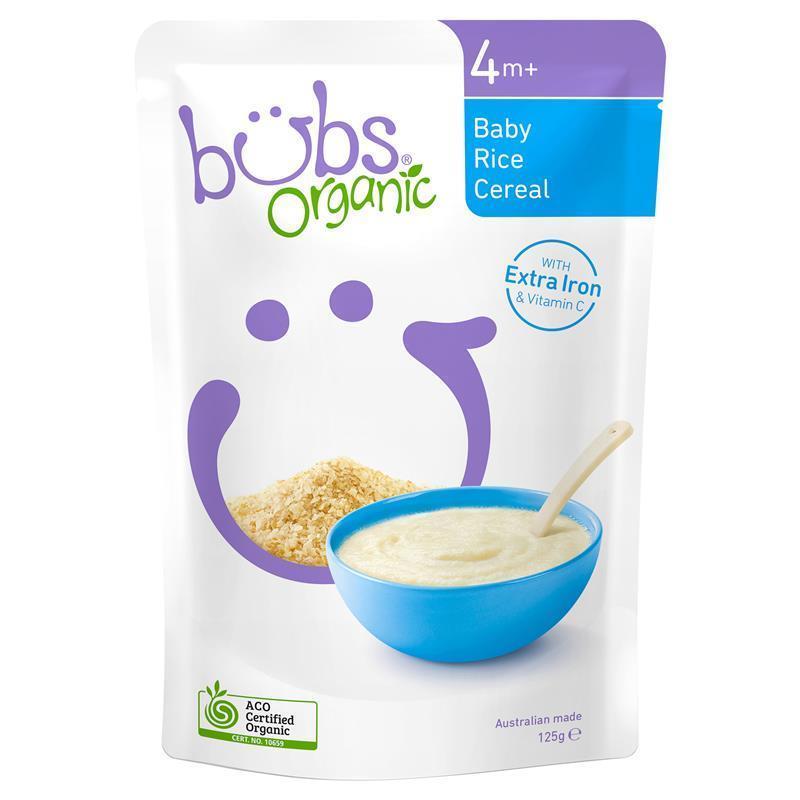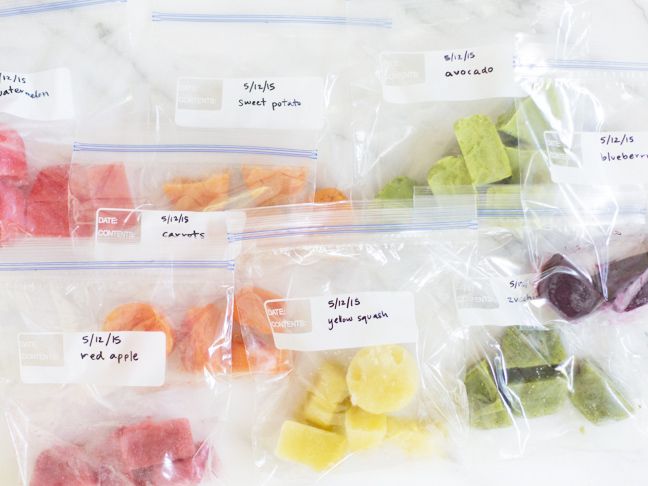How to wake up my baby for feeding
The New Mom Blog | How to Wake a Sleepy Baby to Feed
It can be frustrating to wake a sleepy baby to feed. You know your baby needs to eat but you are tired and wish there was a quicker way.
Do you need to wake your baby for feeds?
“Wake your baby every 2 to 3 hours to feed”.
“Never wake a sleeping baby!”
New parents get tons of conflicting advice. Who is right? Do you really need to wake your baby to feed? The research-based answer is yes AND no!
In the first few days of your baby’s life, there are special circumstances that make waking for feeds a good idea. But this will not always be necessary. In fact, it won’t be long before you are spending your energy trying to get your baby back to sleep!
Immediately after birth, most babies have a quiet alert stage. They will be awake and show interest in feeding. After an hour or two, they enter a drowsy state that lasts for most of the next 24 hours. Parents often interpret this behavior as a sign they have a happy and content baby.
In the next 24 hours, everything changes! Most newborns will wake on their own and want to feed very often. Ten, twelve, fourteen or more feeds a day is not unusual. Unfortunately, this stage can also be busy with visitors and hospital routines. It is easy to miss baby’s feeding cues. Some babies will wake and cry for feeds while other babies are more laid back and need reminders to eat, especially if they are being held by family members.
As a general rule of thumb, we recommend that you feed your baby at least every 2 or 3 hours during the day and every 3-4 hours at night until your baby is 2 weeks old and back to birth weight. This will help to ensure a plentiful milk supply, as your baby gets older. (Note: Some parents have misunderstood this advice, thinking they need to wait 2 to 3 hours between feeds. This is not the case. We would never want a hungry baby to wait to feed).
Reasons babies are too sleepy to feed:
- Prematurity: Premature babies may tire quickly and fall asleep before they have had a full feed.
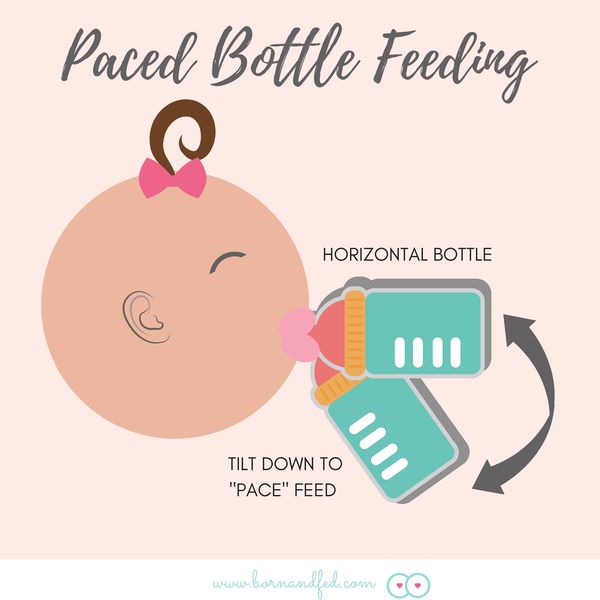
- Jaundice: Jaundice, a condition in which baby’s skin and eyes appear yellow, can make babies more sleepy than usual.
- Difficult delivery: Use of vacuum, forceps and/or drugs during delivery can result in baby being more sleepy in the first few days.
- Medical problems: Babies with medical problems such as an infection or a heart problem may not feed well.
- Overstimulation: Some babies will tune out and go to sleep in reaction to excessive handling by strangers, constant loud noises, and/or bright lights.
- Not taking in enough calories: Babies who don’t take in enough milk may lack the energy needed to feed well.
Tips for waking a sleepy baby:
It is difficult to wake a baby in deep sleep. Watch for “soft signs” that your baby is waking such as small body movements, sucking on a fist, or eye movements, then try some of the following.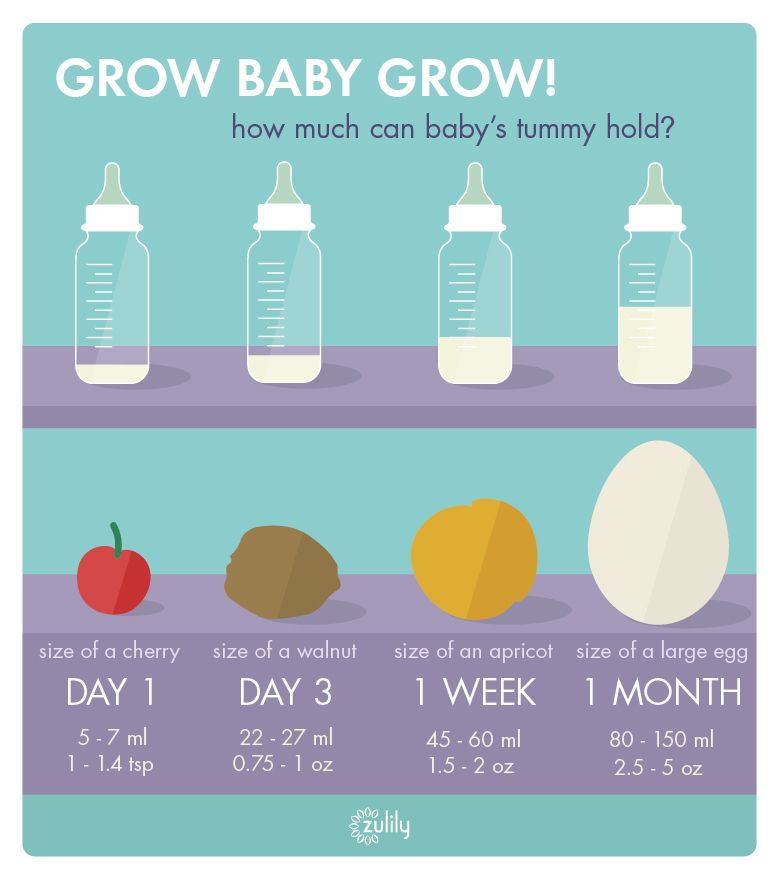
- Hold your baby skin-to-skin with baby in a diaper only. Being close to mom helps to remind your baby to feed.
- Use diaper changes to wake your newborn. If your baby is already alert, save the diaper change until after the first breast. This may help to your baby to be awake enough to take the second breast.
- Express a drop of milk onto your nipple and bring it near your baby’s lips.
- Use breast compressions while baby is feeding, to keep him alert and drinking.
- Burp baby between breasts to reawaken him.
- Change your breastfeeding position. If you find your baby is sleepy when tucked against your body, try feeding in the football position.
- Some sleepy babies benefit from switch nursing. (Leave baby on the first breast as long as he is actively sucking. When baby is no longer actively sucking, even with breast compressions, wake your baby and switch to the second breast.
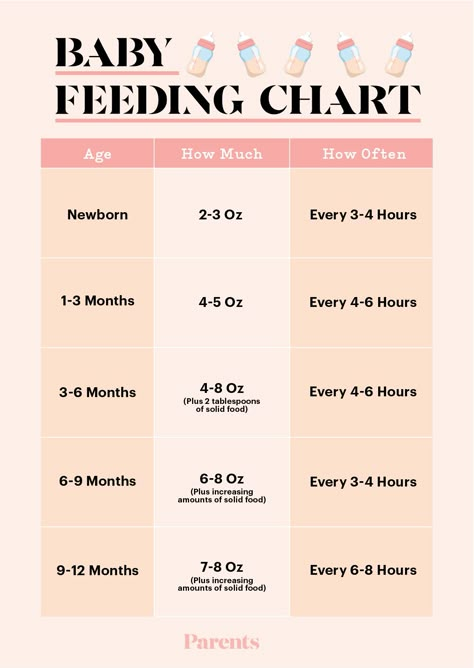 Repeat as often as needed. Some moms feed 2 or 3 times on each breast.)
Repeat as often as needed. Some moms feed 2 or 3 times on each breast.)
- Talk to your baby as he nurses. Babies love the sound of their mother’s voice.
- Walk your fingers up baby’s spine.
- Rub the soles of baby’s feet.
- Massage your baby’s scalp.
- Hold your baby up in front of you, talk and make eye contact.
- Try the “doll’s eye technique”, gently lifting your baby from lying to sitting, hinging at the hips.
- Gently clap your baby’s hands together or bicycle your baby’s legs.
- With your thumb on baby’s palm and a finger on the back of baby’s hand, rhythmically apply pressure.
- Rub baby’s back with small circular motions, starting from the small of the back and working upwards.
- Use your finger to trace a circle around your baby’s mouth.

- Some people have used a cool washcloth. This seems a bit harsh so try this only if nothing else is working.
Please note: This list is long; try one or two per feed and see what work best for your baby.
Feeding a sleepy baby can be frustrating and time consuming. Keep your baby close so that you are able to respond as soon as baby shows interest.
Once your baby is 2 weeks old and weighs more than when she was born, you will no longer need to worry about waking for feeds. You can then relax and feed in response to your baby’s cues.
When You Need to Wake Your Newborn to Feed – bökee
December 22, 2020
A lot of what you read will tell you to feed your baby on demand. Meaning, follow their cues as they’ll let you know when they’re hungry (and they usually will)! But there are times when it is either necessary or helpful to wake a sleeping baby to feed them.
“Never wake a sleeping baby,” may seem like sound advice, but there are actually situations where waking your little one up is what’s best.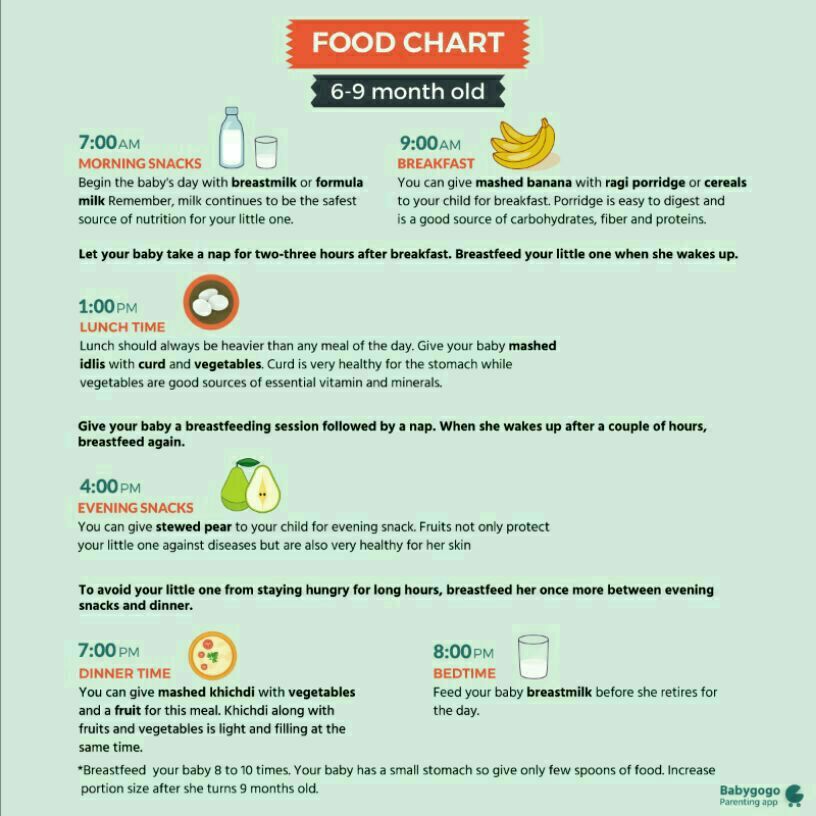 Here we’ll cover when you’ll want to wake your newborn to feed them, how long you can let a newborn sleep without eating and the best way to go about waking your newborn when it’s time to eat.
Here we’ll cover when you’ll want to wake your newborn to feed them, how long you can let a newborn sleep without eating and the best way to go about waking your newborn when it’s time to eat.
Waking up your newborn is common practice for new parents to ensure they’re getting enough to eat. It’s also advised for breastfeeding mamas so that the baby is at the breast often enough for the body to know to keep producing more milk. In addition to feeding your baby every 3 hours (including waking them to do so) always be sure to keep tabs on other signs that your baby is getting enough to eat.
1.) When Your Doctor Advises It
Before we go over the top reasons why you’d want to wake your sleeping baby to feed them, we first want to remind you that what your doctor tells you trumps everything we say. If you are unsure about anything that’s going on with your baby, you need to contact your child’s pediatrician. They will advise you on what’s best for your and your little’s unique situation - perhaps asking you to wake your baby more or less frequently than what is typically advised.
They will advise you on what’s best for your and your little’s unique situation - perhaps asking you to wake your baby more or less frequently than what is typically advised.
2.) Before Your Baby Has Regained His Birth Weight
Babies typically lose about 7 - 10% of their birth weight within the first few days of life, according to Kids Health. This is normal due to the extra fluid that a baby is carrying when they are born. At an average rate of 1-ounce in growth per day, a baby should have this regained by their two-week appointment. So until that time, it’s your job to give your baby all the calories they need to thrive and keep growing steadily as expected. By not letting your baby sleep longer than 3 hours at a time (yes, even at night) your baby has enough opportunities each day to get their calorie needs met to make this happen.
3.) To Establish Breastfeeding
Breastfeeding is all about supply and demand. When your baby demands it, your body produces it.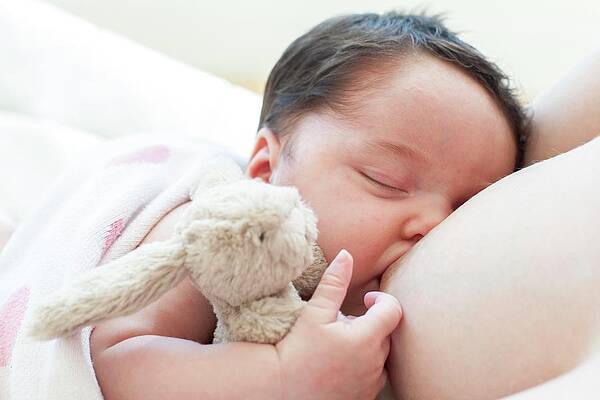 In order for your body to keep getting the message that it needs to produce more milk, breastfeeding (or pumping as discussed here) around the clock is necessary to keep a steady milk supply for your little one. So be sure to wake that baby up to feed every 3 hours in those early weeks. Just remember, you can't nurse too often!
In order for your body to keep getting the message that it needs to produce more milk, breastfeeding (or pumping as discussed here) around the clock is necessary to keep a steady milk supply for your little one. So be sure to wake that baby up to feed every 3 hours in those early weeks. Just remember, you can't nurse too often!
The advice to wake a baby for the above reasons doesn’t mean we are suggesting putting your baby on a schedule (such as feeding every 3 hours no matter what.) You should still be feeding your baby on demand and when they show hunger cues! La Leche League writes, “Scheduling feedings for a baby who is exclusively nursing frequently throughout the day and night, especially during the first six weeks has been correlated with slow weight gain.”
Just know that this may end up being a lot sooner than every 3 hours with more than 8 - 12 feeds in a day. When your baby shows they’re hungry, feed them!
Instead, the advice is that you shouldn’t let your newborn baby go longer than 3 hours between feedings which means if your baby keeps sleeping past that mark, you need to wake them up to eat.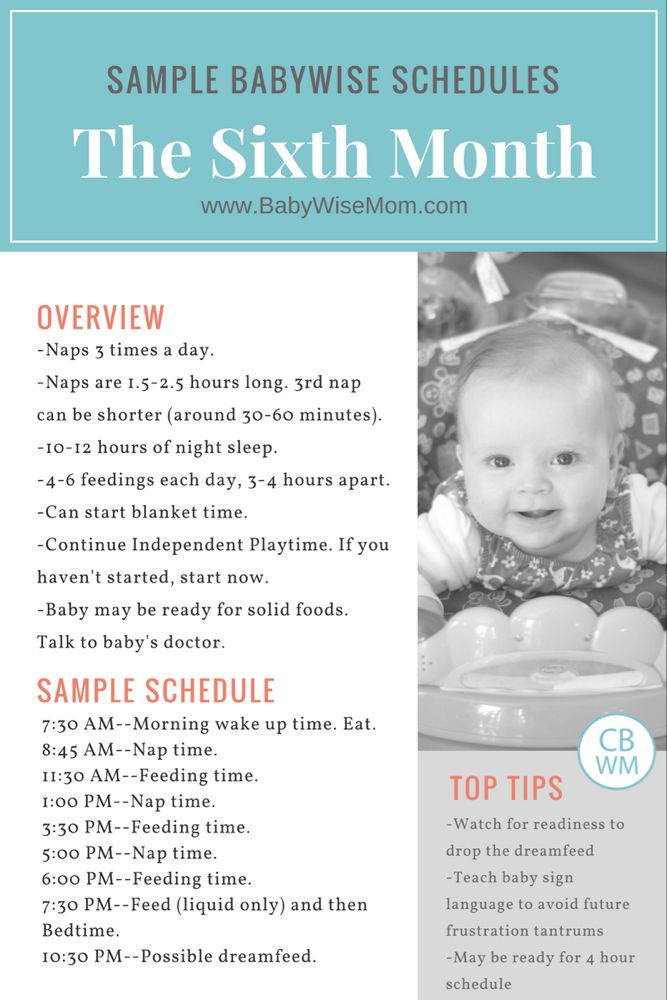 As your baby grows, so does this amount of time.
As your baby grows, so does this amount of time.
How long you can let your baby go between feeds depends on a variety of factors. Here are some to consider:
1.) Your baby’s age. Full-term babies who are younger than two weeks should be fed every 3 hours until breastfeeding is established and they’ve regained their birth weight. A baby under six weeks should not sleep longer than 4-5 hour stretches. Of course, if you’ve been given the all clear from your doctor to let your baby sleep longer, then that is the advice to take. If you have a preemie baby or other concerns, we advise you to reach out to your doctor to see how long you should let your baby go between feeds.
2.) Your baby’s weight gain. In the hospital the nurse will most likely have you feed your baby every 3 hours. This is also the guideline they give you when they send you home with your new little one. Until your baby’s 2-week check-up, this is ideally what you’ll want to follow which is when they’ll be able to determine if your baby is gaining weight at the desired rate. Getting to this point is a huge milestone for a baby and also for you in knowing you can let your baby go for longer stretches of sleep (about 4 - 5 hours) now that they’re getting nice and chubby. Weight measurements will continue to be “taken throughout your baby’s first year, and if baby is struggling to put on enough weight again, the doctor may advise you to feed more often again.
Getting to this point is a huge milestone for a baby and also for you in knowing you can let your baby go for longer stretches of sleep (about 4 - 5 hours) now that they’re getting nice and chubby. Weight measurements will continue to be “taken throughout your baby’s first year, and if baby is struggling to put on enough weight again, the doctor may advise you to feed more often again.
3.) Whether you’re breastfeeding or formula feeding. Babies who are formula-fed can usually go longer stretches between feeds than breastfed babies can. This is because breastmilk is digested more quickly than formula. However, you still need to follow the "feed every three hours" rule until your doctor has given the go ahead for longer stretches. After that, letting a formula-fed baby go a bit longer than a breastfed baby between feeds is normal (provided they have enough wet diapers and are gaining weight well.)
RELATED: The Best Way to Feed Your Baby Formula at Night
How do I wake my newborn to feed?
Newborns are sleepy little humans.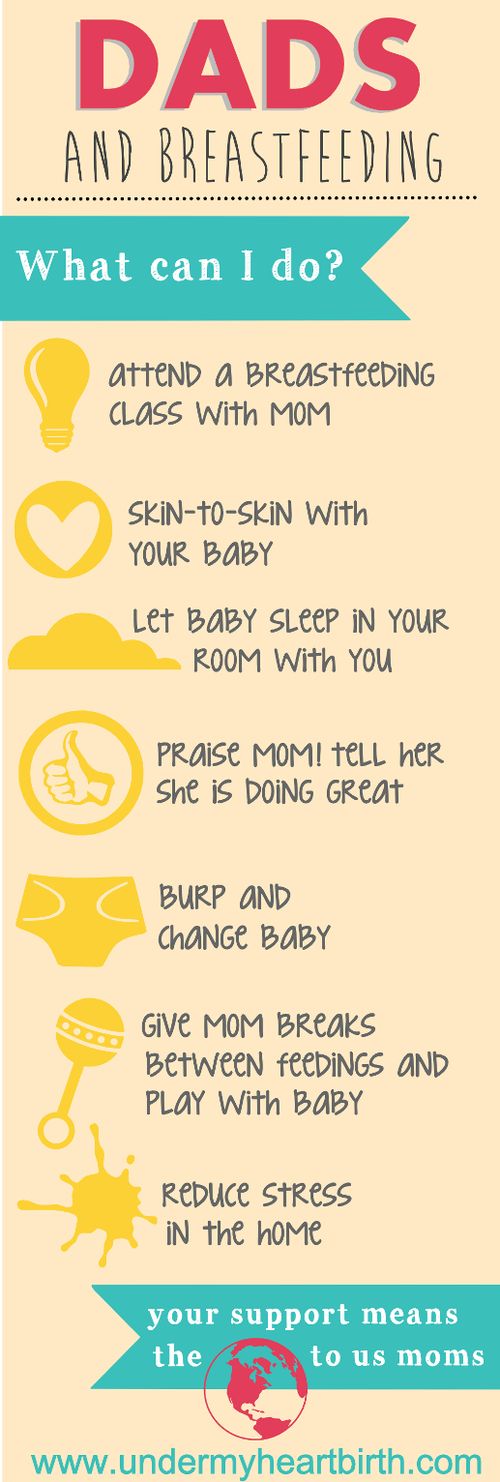 Which means it may not be as easy as you’d think to wake them up when it’s time for them to eat (especially in the middle of the night). Here are some tips to help them out to ensure they are alert enough to feed and get that tummy nice and full.
Which means it may not be as easy as you’d think to wake them up when it’s time for them to eat (especially in the middle of the night). Here are some tips to help them out to ensure they are alert enough to feed and get that tummy nice and full.
Undress them down to their diaper. The chill of the air is often enough to wake a baby enough to eat. You can put a blanket around them to keep them warm enough once they begin to feed.
Use a cool washcloth on their face or body. Similarly, the coolness of a wet washcloth provides a great little wake-up call. I always felt a bit guilty doing this with my babies though.
Wake your baby when they’re in a light sleep. If you see your baby’s eyelids fluttering or moving around (even slightly) this is a good time to try to arouse them for their feeding.
Talk to your baby as you feed to keep them awake. Just a bit of sound might be all they need to wake.
Rub your nipple (or bottle nipple) against your baby’s mouth.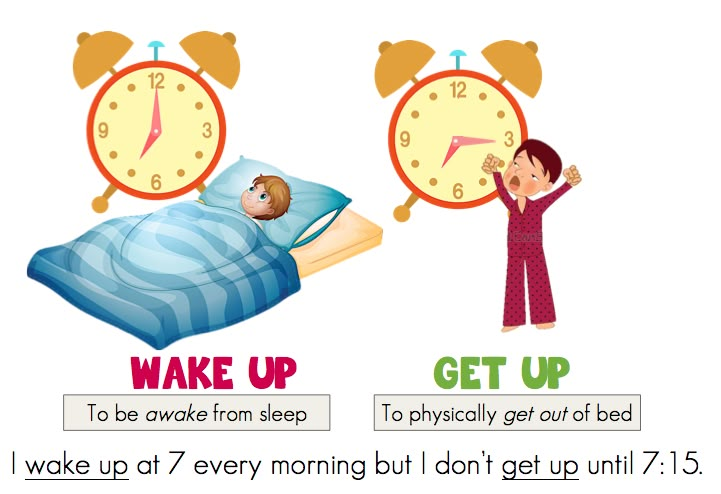 This will alert your baby that it’s time to eat (try getting a few drops of colostrum or milk to touch his lips, too).
This will alert your baby that it’s time to eat (try getting a few drops of colostrum or milk to touch his lips, too).
Switch sides or move your baby if they nod off. If you see your baby start to fall asleep, give them a break and put them upright to wake her up a bit. Then you can continue feeding again.
Other Times You May Wake Your BabyPro Tip: If you aren't breastfeeding and need to prepare bottles for those nighttime feeds (from formula or pumped milk) we recommend always having a bökee to get them ready. Even though you need to wake your baby to feed them, most of the time they'll wake on their own. At that point you'll need to prepare a bottle one-handed and the bökee is perfect for that. (Use BLOG15 to save 15%)
Waking your baby every three hours to eat in the early weeks is imperative to help them grow and thrive. But there are many other reasons why you might decide to wake your baby:
- For a dirty diaper.
 You don’t need to worry about waking your baby for a wet diaper, if it doesn’t bother them, don’t let it bother you. Poop is a different story. Many babies will wake from this anyway, but if you do smell poop, you’ll want to change them soon. It they’re in the middle of a nap and you know they’ll be up in a bit, there’s no need to wake them prematurely, but if it’s the middle of the night, you’ll need to get them a fresh diaper (a calm change in the dark is your best bet here.) This will keep the chances of diaper rash down.
You don’t need to worry about waking your baby for a wet diaper, if it doesn’t bother them, don’t let it bother you. Poop is a different story. Many babies will wake from this anyway, but if you do smell poop, you’ll want to change them soon. It they’re in the middle of a nap and you know they’ll be up in a bit, there’s no need to wake them prematurely, but if it’s the middle of the night, you’ll need to get them a fresh diaper (a calm change in the dark is your best bet here.) This will keep the chances of diaper rash down. - When it’s getting too close to bedtime. This article explains how long a baby’s last nap of the day should be as well as how much time to keep between the last nap and bedtime (depending on age). If your baby’s nap is edging to close to bedtime where they won’t have enough time in between to be sleepy before bedtime, it’s a good idea to cut that last nap short with a wake-up.
- To prevent too long of naps. One major reason that babies wake frequently in the middle of the night or don’t seem tired is because they have their days and nights mixed up.
 If you let your baby take too long of naps, they naturally won’t be ready to sleep as much or for as long as stretches at night. As a rule of thumb, don’t let your newborn sleep longer than 3 hours at a stretch during daytime sleep, and closer to 2-2.5 hours is plenty at a time for an older baby.
If you let your baby take too long of naps, they naturally won’t be ready to sleep as much or for as long as stretches at night. As a rule of thumb, don’t let your newborn sleep longer than 3 hours at a stretch during daytime sleep, and closer to 2-2.5 hours is plenty at a time for an older baby. - For the Dream Feed. Once your baby is past the earliest few weeks and your doctor has given you the go ahead to let your baby sleep in longer stretches, adding in a dream feed is a good idea. In order to do this, you will have to wake up your baby just enough for them to eat. Then you’ll put them right back down to sleep. The dream feed is something you can do to allow yourself more sleep when you head off to bed. For example - instead of feeding your baby at 7 (when they go to sleep) and midnight, you can feed them at 10 and 3 - allowing yourself a better stretch of sleep in the process.
Those early days with a newborn are tough, there is no denying that. And when you’re already so exhausted it can be tough to rouse your own self to wake your sleeping little one. But keep reminding yourself that it’s temporary, and that as the weeks go on and your doctor keeps giving you the green light, you’ll be able to let your baby sleep to their heart’s content and feed them when they "demand" it.
And when you’re already so exhausted it can be tough to rouse your own self to wake your sleeping little one. But keep reminding yourself that it’s temporary, and that as the weeks go on and your doctor keeps giving you the green light, you’ll be able to let your baby sleep to their heart’s content and feed them when they "demand" it.
Jane Springston
Older Post
Newer Post
Age verification
By clicking enter you are verifying that you are old enough to consume alcohol.
Enter
How to wake up a baby for feeding and whether it is necessary to wake up a baby in the afternoon
05/29/2020
95
For any parent, the question of whether to wake up the baby is not easy. On the one hand, there are fears that a child who has been sleeping for a long time will not be able to fall asleep later, and on the other hand, how to raise such an angel who has been put to bed for so long. ..
..
so that his sleep is not affected.
Let's start with the smallest children. You've probably heard the phrase "never wake a sleeping baby." But it is not always fair. Some newborn babies wake up on their own for feedings, while others need to be awakened. Whether or not you need to wake your baby depends on their age, weight, and overall health.
The American Academy of Pediatrics recommends waking your baby for feedings if he sleeps more than 4 hours in the first two weeks of life. On average, a baby needs feeding every 2-3 hours.
Frequent feeding is very important for several reasons:
- The baby's stomach is very small, the baby quickly digests breast milk. Faster than a mix. Therefore, physiologically, the child necessarily needs frequent feedings every 2-3 hours.
- Babies can sometimes sleep even when hungry, thus malnourished, which affects their development.
- After birth, the baby loses 5-10% of its body weight.
 And in the first weeks he needs to gain weight. Lack of milk or formula slows down this process.
And in the first weeks he needs to gain weight. Lack of milk or formula slows down this process. - A short interval between feedings helps to maintain lactation. That allows you to avoid problems with a shortage of milk in the future.
Tears already signal strong hunger. Therefore, it is better to breastfeed the baby before the baby starts crying. Learn to recognize the early signs of hunger: the baby puts his hand in his mouth, smacks his lips, tossing and turning when he sleeps.
Should the baby be woken up to feed during the day? In general, if an infant sleeps for more than 3 hours in one dream during daylight hours, he must be awakened. Then the mother can feed the already awakened baby. This makes it possible to adjust the work of the biological rhythms of the baby.
How to Wake Up
- Help your child gradually fall asleep by stroking their arms, legs or lightly tickling them.
- Change diaper. Often this is enough for the baby to wake up and be ready to eat.
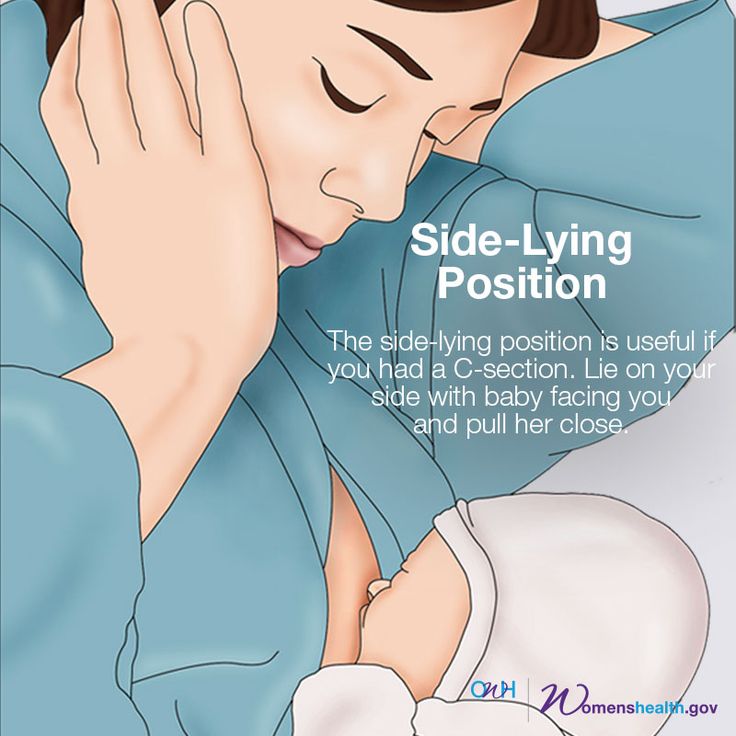
- Undress and place skin to skin on your chest. You can squeeze a few drops of milk onto your baby's mouth. He will smell and taste it and begin to suck on the breast.
- Speak - he will hear your voice and wake up.
- Do not turn on bright lights. A dim light is sufficient. The bright light will blind your eyes.
- If the baby has attached to the breast but has not begun to suckle, stroke his cheek.
How long to feed
As soon as the baby wakes up and starts to eat, make sure that the feeding is long enough to empty at least one breast. So we will know that he ate hind milk, which is necessary for the growth of the child's body. Some babies take 45 minutes or more to feed one breast, and some do it in 10 minutes.
The sucking reflex promotes falling asleep. Therefore, make sure that the baby does not fall asleep while feeding. If he falls asleep, change position, lift him up to burp, and then start feeding again.
By 6 months you will have a more or less predictable eating schedule. But each baby will have his own. Some of the children eat every 2 hours, and someone is able to stay without food for 3-4 hours by the second month of life. This is especially true for children who are formula fed.
But each baby will have his own. Some of the children eat every 2 hours, and someone is able to stay without food for 3-4 hours by the second month of life. This is especially true for children who are formula fed.
The length of time between feedings increases as the child grows older. By the age of six months, many babies can already go without supplements at night or are able to sleep for longer periods.
If a child wakes up too often after 6 months and asks for food at night, perhaps this is no longer hunger, but a way to relax and fall asleep.
Avoid using a pacifier in the first weeks after delivery. The pacifier helps the child to calm down and prolong sleep. So you may not notice that your baby is hungry. Therefore, start using a pacifier no earlier than 4-6 weeks and when you are lactating.
Should the baby be woken up to feed formula? As with breastfeeding, the newborn needs frequent formula feeding. But the interval will be more than 3-4 hours.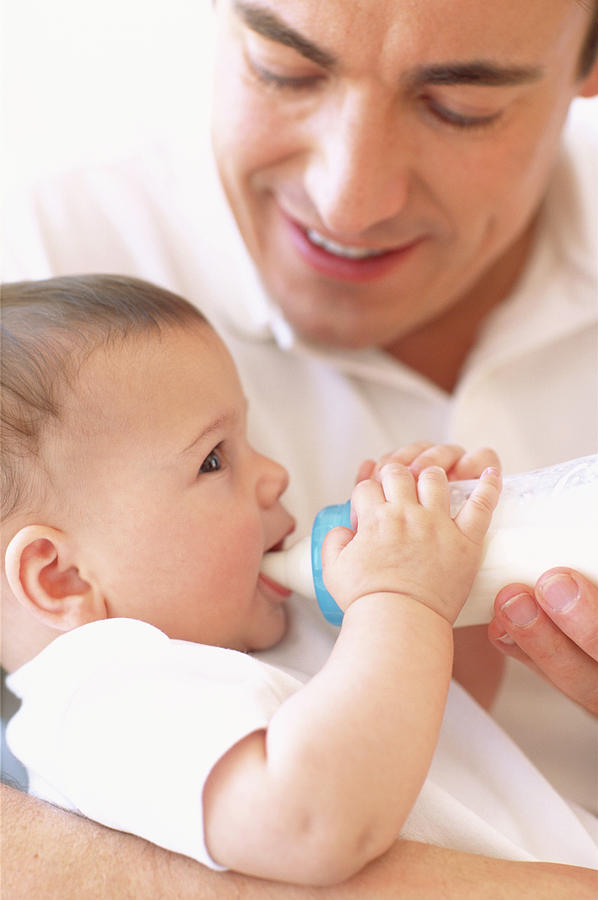
When it is necessary to wake up the child
It is important to wake up the baby in the morning if he has fallen asleep later than 7.00. This is especially true for children who still sleep 1-2-3 times during the day and have already developed a relatively stable routine. So you create the perfect routine in the morning.
After waking up, children need time to work up their fatigue for their next nap, the ideal window for which is around 9 and 1 pm (depending on age).
Therefore, if the baby slept until 8 am, he simply will not be able to fall asleep in his first daytime sleep.
In order for the baby to wake up calmly without tears, you can enter a wake-up ritual. It allows the child to smoothly transition from a sleepy state to wakefulness.
Example of a wake-up ritual:
- Open curtains/turn on lights
- Welcome words and a kiss
- Snacks, nursery rhymes after sleep
- Happy song
Then you can get up and start breakfast. For older children, such a ritual is also necessary.
For older children, such a ritual is also necessary.
The awakening ritual has different purposes:
- Marks the end of sleep,
- Teaches a child that everyday sounds are not a reason to wake up,
- Helps prevent baby from crying when waking up.
It will also be useful to have a light alarm. If the baby wakes up early, he will stay in bed until he sees the light on the clock.
When to wake your baby up after a nap
Many babies from 4 to 8 months sleep three times a day.
In this mode, it is important to wake up the baby after the third nap no later than 17.00. The duration of this segment is about 45 minutes, but not more than an hour. Then you can easily put the baby to bed by 19 o'clock.
Transition to one nap
At the age of 15-18 months there is a transition to one nap. It can be long and take place in different ways.
For example:
In the morning, the baby falls asleep easily and sleeps up to 2 hours.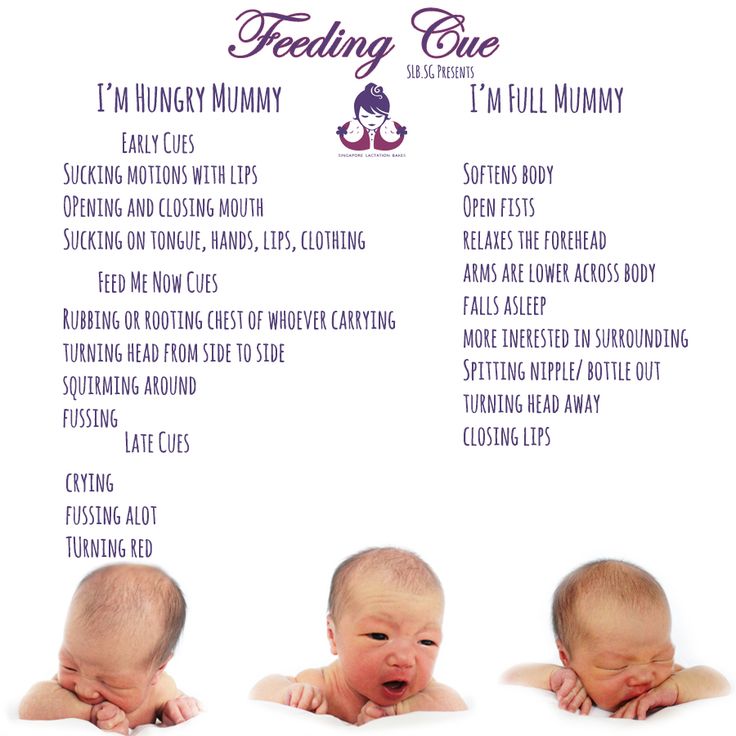 But then it is difficult to put it in lunch. And by the evening without rest at lunchtime, he is already overworked and falls asleep with difficulty.
But then it is difficult to put it in lunch. And by the evening without rest at lunchtime, he is already overworked and falls asleep with difficulty.
So if this is your case, you can pick up the baby after 60-75 minutes. At the same time, move the start of the second sleep 15 minutes later. But if the baby sleeps for 1 hour in the morning and then it’s already difficult to fall asleep a second time, start putting him down only at lunchtime.
One nap after 2 years
Between 2.5-5 years, naps may disappear. Here again, the story described above is often repeated. It seems that the child falls asleep perfectly during the day, sleeps for a long time, but in the evening, laying down is delayed until 10-11 pm. The problem is that getting up early in the morning to the garden usually does not allow you to sleep the necessary 10-11 hours per night. And again, you will have to gradually limit the duration of daytime rest. Wake your baby up after 60 minutes first, then skip the daytime so your baby sleeps better at night.
Keep an eye on your baby while doing this. If he is calm in the evening and falls asleep easily, and wakes up later than 6 o'clock in the morning in a good mood, then you are doing everything correctly.
If you notice excessive moodiness in the late afternoon or regular awakenings too early, then it is worth giving the baby more time to rest at lunchtime.
Like this article? Rate:
Votes: 91
How to wake up a baby for feeding? Recommendations
Babies need to eat regularly to ensure full growth and development. At least once every 2-3 hours. During the day, the child will sleep a lot. The only way to feed him is to wake him up.
We will tell you how to do it carefully. So that the child feels comfortable. And I didn't cry.
How to wake up the baby?
It is necessary to wake the baby when his sleep is not sound
Sleep in babies is practically no different from adults. It can be shallow or deep. The phases that a child encounters are similar to those of an adult. We recommend waking your baby when he is in a state of light sleep. In this case, the likelihood that he will wake up easily and without unnecessary problems increases.
How can you tell if your baby is in light sleep?
To determine that the baby is in a state of light sleep, you can use the following features:
- The child constantly moves his lips. Makes gestures similar to those when he sucks at the breast.
- The baby moves his limbs involuntarily. Both feet and hands.
- A smile appears on the child's face.
What should I do if my child is in deep sleep?
If your child is in a deep sleep, do not wake him up. Proceed in an alternative way. Sit next to him. And start monitoring his behavior.
After some time, the sleep phase may change to a shallow one. As a result, the child will show signs of such a dream. And it will be easier for you to wake him up.
It is recommended to wake your baby with light touches
To wake your baby, you need to touch him regularly. Physical contact wakes children up best. So, for example, you can:
- Try to take the child's clothes off.
- Raise the child's blanket a little.
- Stroke the child's handle.
- Pat your head.
- Stroke the cheeks.
All kinds of physical contact will have a positive effect on the child. Make sure he wakes up. And feel energized.
Removing a blanket or clothes from a child is very effective. Because, thanks to the feeling of cold, the baby will be able to wake up quickly. Touching a child is also very effective. Thanks to your touch, he will feel calmer. And get ready to drink milk.
You can wake up the baby by taking him out of the crib
Try to go to the baby's crib. And then take it out of there.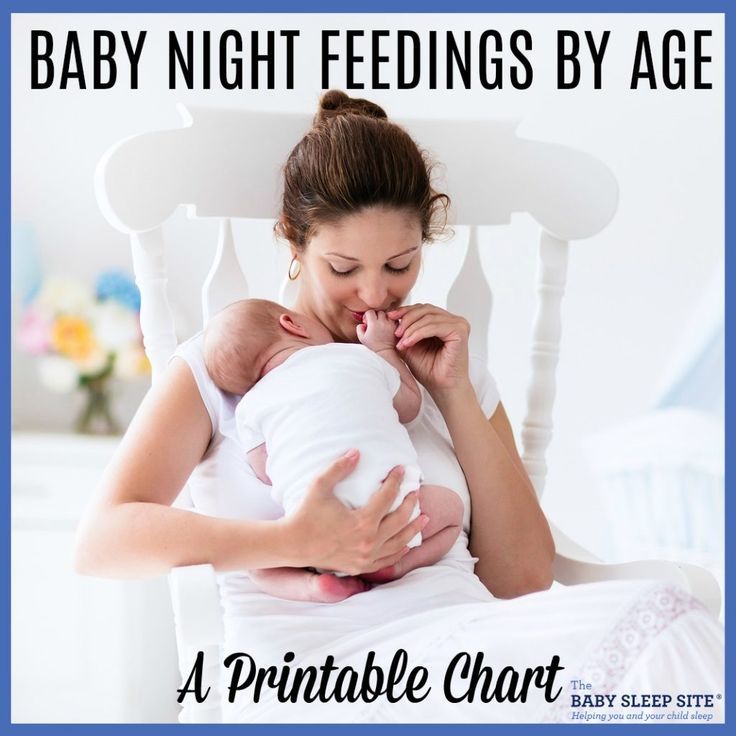 And keep in the appropriate position (head up) for a while. If the child does not wake up immediately, then at least he will quickly move into a phase of shallow sleep. And in some cases, he will even have the opportunity to fully wake up.
And keep in the appropriate position (head up) for a while. If the child does not wake up immediately, then at least he will quickly move into a phase of shallow sleep. And in some cases, he will even have the opportunity to fully wake up.
When you take a child in your arms, do not be silent. Make different sounds. Talk. Sing. Sounds will help wake up the baby.
If the baby is sleeping in your arms, do the following
Place him in the position in which he always consumes milk. Then bare your chest. And bring it to the child's mouth.
It is necessary to make sure that milk gets on the baby's lips without fail. When the child tastes the liquid, it will cheer him up. He will wake up.
Lightly tickle the baby
Some babies wake up quickly when their parents start tickling them. For arms or legs. However, this must be done with the utmost care. And only slightly. So that the child does not feel discomfort when you tickle him.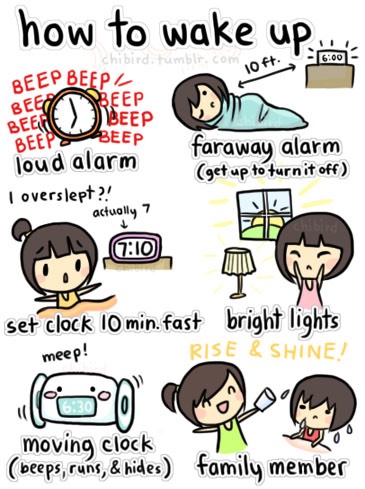
You can also wake up your child in an alternative way. For example, you can just blow on it. Or touch your cheek.
You can wake up the baby with the use of a cold temperature cloth
When the child feels the cold temperature material on himself, he will cheer up at the same moment. And wake up. You need to proceed as follows.
You need to take a cloth. Moisten it with cold water. Then start wrapping your baby. different parts of his body. Both legs and head, handles.
Turn on the light in the room where the baby is lying
If the baby is placed in a room with no light, then try to change the situation. Let traditional street light into it. To do this, just open the curtains.
This will cause the child to wake up quickly. Feel great. And at the same time it will become vigorous.
Make some noise where the baby is located
Noise will help wake up the baby. However, it should be minimal.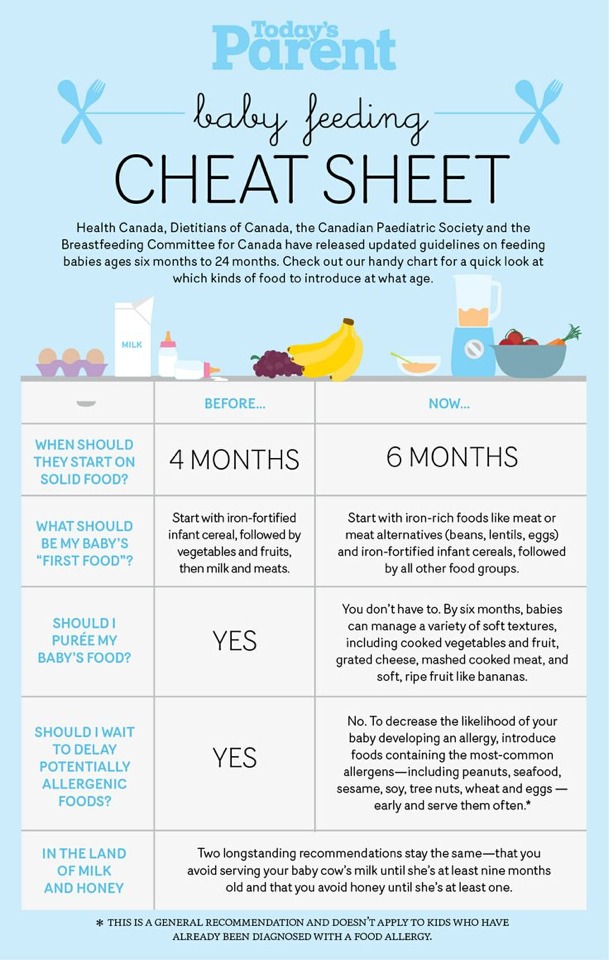 You should increase the noise level in the room, but not too much.
You should increase the noise level in the room, but not too much.
For example, you can sing. Talk to your husband. Or do something else. The main thing is that it makes noise.
Why does a child need to eat every few hours?
A child's health depends on how well he or she eats. To stay strong, the child must necessarily consume milk every two to three hours. When feeding, consider the following points:
- Children cope with the digestion of food in a fairly short time. The baby can become hungry within an hour and a half after the previous feeding.
- You should always check whether the child is full. Isn't he hungry? Also, you must remember when he last consumed food. And feed him faster than he asks for it himself.
How do you keep your baby awake when you feed him?
When you feed a sleepy baby, keep an eye on his condition. Do whatever you can to keep him awake. To do this, adhere to the following recommendations.
Hold baby's attention
When you start feeding your baby after waking up, try to grab his attention. And hold until you completely feed the child. To do this, you can:
- Laugh.
- Talk to a child.
- Look at him. Establish eye contact.
- Tickle him lightly.
And so on. As you feed, you will discover ways to keep your baby's attention.
Place the baby in a position that will keep him awake when feeding
Be aware that breastfeeding immediately after waking up can be dangerous. During this, the child will feel your warmth. The way the heart beats. As a result, it will be very easy for him to fall asleep.
To prevent this from happening, you need to change the child's position. Position him so that he is not entirely comfortable. And, as a result, to make it more difficult for him to fall asleep.
If the baby falls asleep during feeding, move him to the second breast
All babies sometimes fall asleep during feedings.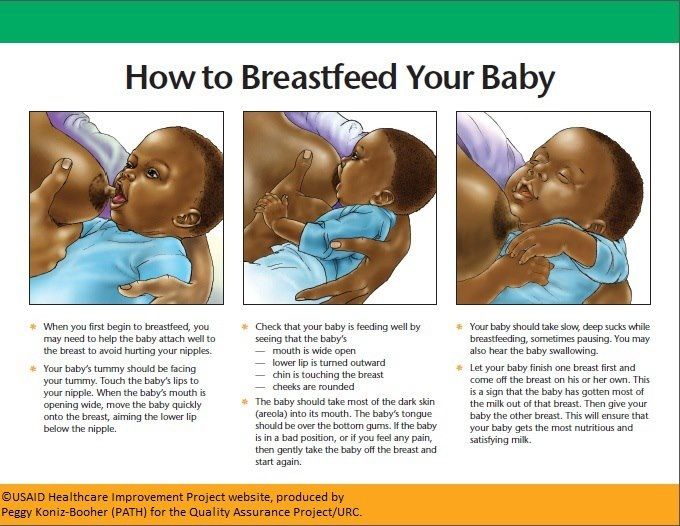 This is fine. If a similar situation happens to you, then simply move the baby to the second breast. Thanks to this movement, you can cheer him up. Make sure he feels great. And no more sleep.
This is fine. If a similar situation happens to you, then simply move the baby to the second breast. Thanks to this movement, you can cheer him up. Make sure he feels great. And no more sleep.
There is an alternative. You can take the nipple from the child. Get it out of your mouth. Thanks to this, the child will cheer up at the same moment. And he wants to continue to consume milk.
Also, we recommend using one more option. Just put some milk on your child's mouth. This method is great to cheer up the child.
Let your baby spit up
There is another effective way to get rid of drowsiness in a child. Let him sit in a comfortable position. And burp.
When he does this, he will cheer up. Will no longer want to sleep. And easily complete the procedure of eating.
Increase the milk pressure
Increasing the milk pressure will have a positive effect on the baby's condition. Make him drink more milk.